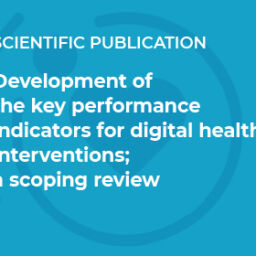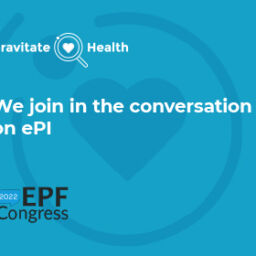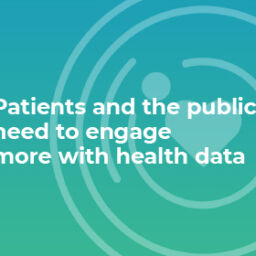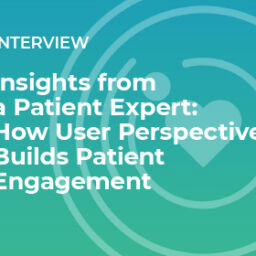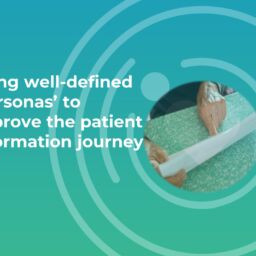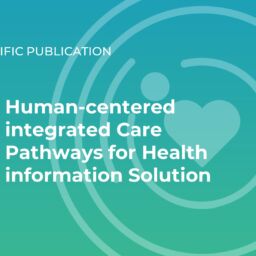Exploring the foundations of a digital health information service for patients with IBD
What’s the current context? Why the need for this article?
This article aimed at identifying key aspects required for digital promotion of inflammatory bowel disease patients’ self-management by exploring their health information needs and the preferences of both patients and healthcare professionals in relation to the digital provision of IBD health services.
By eliciting IBD patients’ health information needs, identifying the preferred and valued sources among IBD patients and their health care professionals (HCPs), and determining key aspects of the digital approach that promote self-management, the aim of this study was to contribute to the development of an open access digital platform that offers reliable, personalised and tailored health information to meet IBD patients’ demands for relevant health information and health services that augment their self-management activities. Any stakeholder directly involved in one of these activities, such as HCPs, patient organizations, patients or caregivers, but also standardization bodies/ open-source network researchers or academics and technology and service providers could benefit from this paper’s results.
What to expect in the article?
Three different methods were used by the authors to collect data:
- an audit of 1,481 electronic health record summaries from an IBD help line,
- 17 semi-structured interviews with IBD patients and
- 2 focus group interviews with 11 healthcare professionals
The study has revealed important insights for developing and facilitating a suitable digital health information service.
Maurud S., Lunde L., Moen A., Opheim R., BMC Gastroenterology, 2024.
Patients seek information from healthcare professionals about treatment; however, in a digital solution, they want access to relevant and practical information about the disease, treatment and self-management. Both patients and healthcare professionals saw opportunities for increasing health data availability to patients.
However, healthcare professionals expressed concerns about adapting, maintaining and ensuring the relevance of patient health information without increasing their workload and, thus, reducing quality of care.
Where to read the article?
If you’re interested in discovering more, then click here to view the full article.




